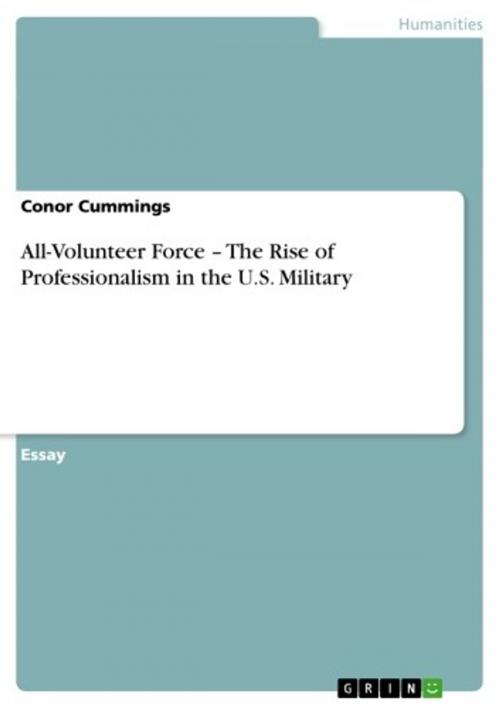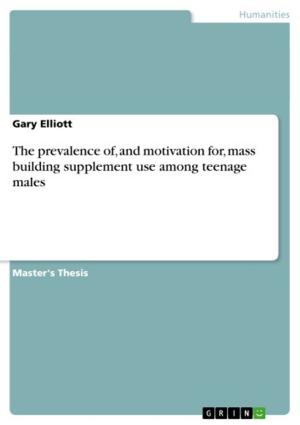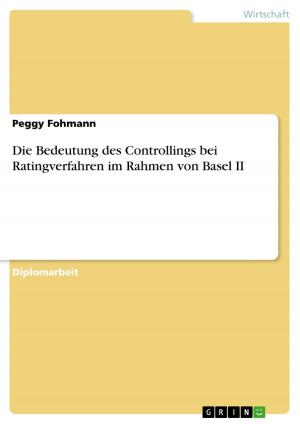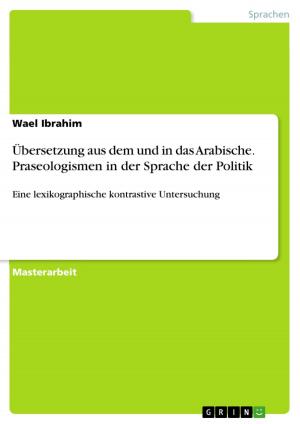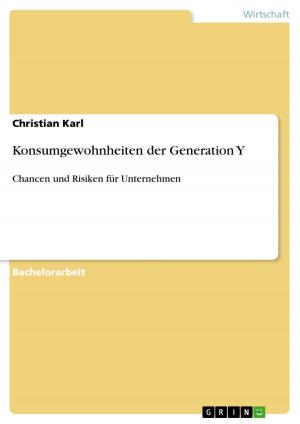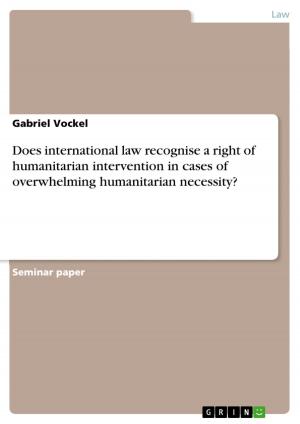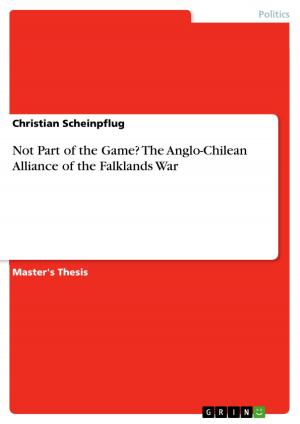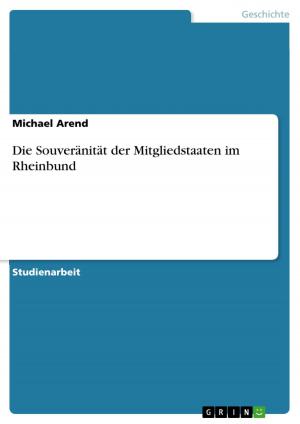All-Volunteer Force - The Rise of Professionalism in the U.S. Military
Nonfiction, Social & Cultural Studies, Political Science| Author: | Conor Cummings | ISBN: | 9783656390480 |
| Publisher: | GRIN Verlag | Publication: | March 13, 2013 |
| Imprint: | GRIN Verlag | Language: | English |
| Author: | Conor Cummings |
| ISBN: | 9783656390480 |
| Publisher: | GRIN Verlag |
| Publication: | March 13, 2013 |
| Imprint: | GRIN Verlag |
| Language: | English |
Essay from the year 2012 in the subject Sociology - War and Peace, Military, grade: 1.0 (A), , course: Military and Society, language: English, abstract: In 1969 President Richard Nixon established the President's Commission on the All-Volunteer Force, a 15-member commission chaired by former Secretary of Defense Thomas Gates, to 'develop a comprehensive plan for eliminating conscription and moving to an all-volunteer force.' After the Gates Commission recommended ending the draft, critics alleged the move to an all-volunteer force would negatively alter the concept of American citizenship by eliminating the connection between citizenship and military service. Even if a return to military conscription was politically possible, the draft ended for a myriad of legitimate military, political, and social reasons that make its re-establishment even less practical today. If Americans have lost a sense of civic obligation and community, the end of the draft did not create this problem, nor would the return of conscription serve as a panacea for problems with America's civic and political culture.
Essay from the year 2012 in the subject Sociology - War and Peace, Military, grade: 1.0 (A), , course: Military and Society, language: English, abstract: In 1969 President Richard Nixon established the President's Commission on the All-Volunteer Force, a 15-member commission chaired by former Secretary of Defense Thomas Gates, to 'develop a comprehensive plan for eliminating conscription and moving to an all-volunteer force.' After the Gates Commission recommended ending the draft, critics alleged the move to an all-volunteer force would negatively alter the concept of American citizenship by eliminating the connection between citizenship and military service. Even if a return to military conscription was politically possible, the draft ended for a myriad of legitimate military, political, and social reasons that make its re-establishment even less practical today. If Americans have lost a sense of civic obligation and community, the end of the draft did not create this problem, nor would the return of conscription serve as a panacea for problems with America's civic and political culture.
